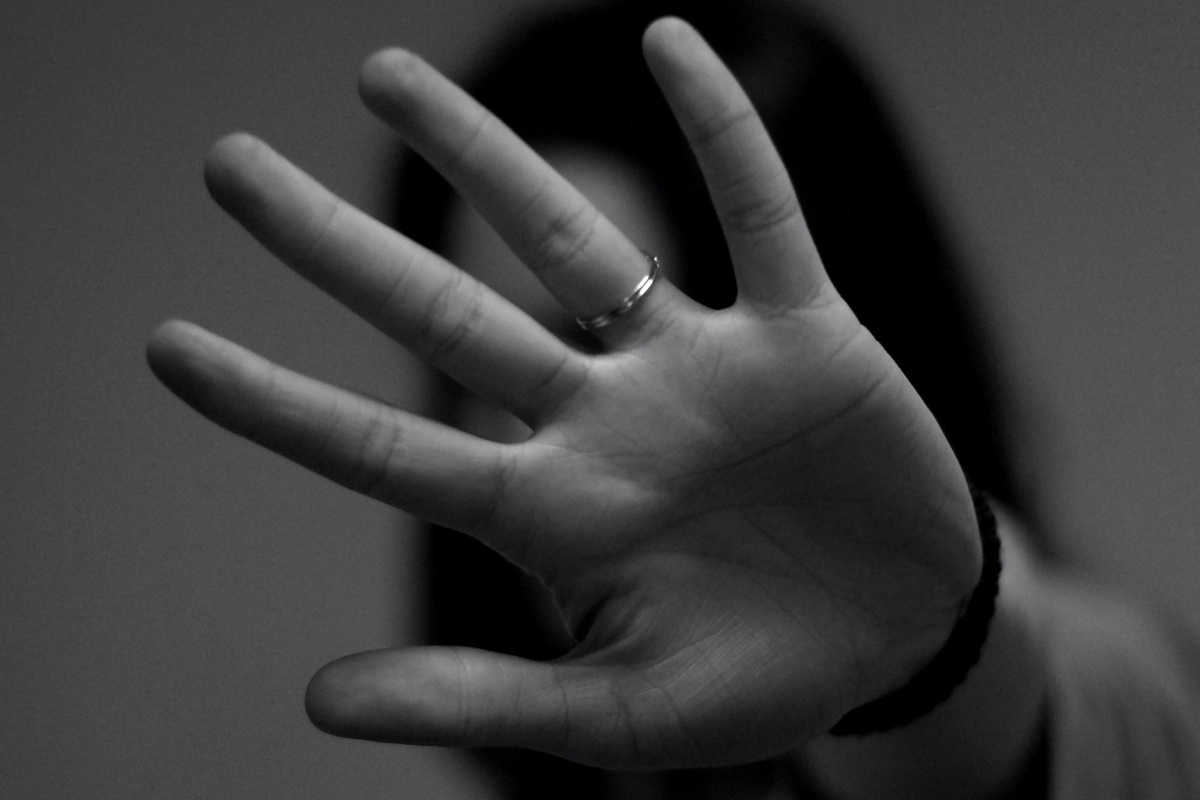- Femicide, the intentional killing of women because of their gender, is a deeply rooted issue that demands attention and a thorough examination of the factors contributing to its prevalence.
In a world that strives for progress and equality, the alarming rise in femicide cases has cast a sombre shadow over societies globally.
Femicide, the intentional killing of women because of their gender, is a deeply rooted issue that demands attention and a thorough examination of the factors contributing to its prevalence.
As communities grapple with this disturbing reality, the question of who bears responsibility looms.
At the heart of the matter, one cannot ignore the societal norms and profoundly ingrained gender stereotypes that persist despite progress in various areas.
Societal expectations often dictate roles and behaviours, creating an environment that can perpetuate harmful beliefs about women. From a young age, individuals are exposed to these norms, contributing to a cycle that can foster disrespect and violence towards women.
Read More
Education plays a pivotal role in shaping perspectives, and failure to address gender-based issues within educational systems can perpetuate harmful attitudes.
It is crucial to integrate comprehensive and inclusive education that promotes gender equality, challenges stereotypes, and fosters respect for all individuals.
By teaching children about consent, healthy relationships, and gender equality, we can lay the foundation for a more inclusive and respectful society.
However, responsibility does not rest solely on educational institutions. Government bodies and policymakers must enact and enforce laws that protect women from violence and ensure justice is served in femicide cases.
This includes providing adequate resources for support services, such as helplines and shelters, and establishing specialized units within the justice system to handle gender-based violence cases effectively.
Media outlets are also responsible for portraying women in a balanced and empowering manner. The media's influence is undeniable, and they must refrain from perpetuating harmful stereotypes or sensationalizing violence against women.
Instead, media entities should actively promote positive role models, amplify women's voices, and contribute to the cultural shift needed to eradicate femicide.
Communities themselves must take responsibility by fostering a culture of respect, empathy, and zero tolerance for violence against women. Engaging men and boys in conversations about gender equality and healthy masculinity is essential.
By challenging traditional notions of masculinity that equate strength with dominance and control, we can encourage men to become allies in the fight against femicide.
Empowering women economically is another crucial aspect of addressing femicide. Financial independence provides women with the means to leave abusive situations and reduces their vulnerability.
Governments and businesses should prioritize creating equal opportunities and eliminating gender-based pay gaps, ensuring women have the same access to employment and advancement as men.
Lastly, individuals must also recognize their responsibility to intervene and report instances of violence or concerning behaviour. Building a community that actively supports and protects women requires collective action.
Bystander intervention programs can equip individuals with the skills and confidence to intervene safely when they witness potential harm.
Addressing femicide requires a multi-faceted approach that involves various stakeholders. It demands a commitment to challenging and dismantling the patriarchal systems that perpetuate violence against women.
By assuming responsibility at all levels of society, we can create a safer and more equitable world free from the devastating impact of femicide.












